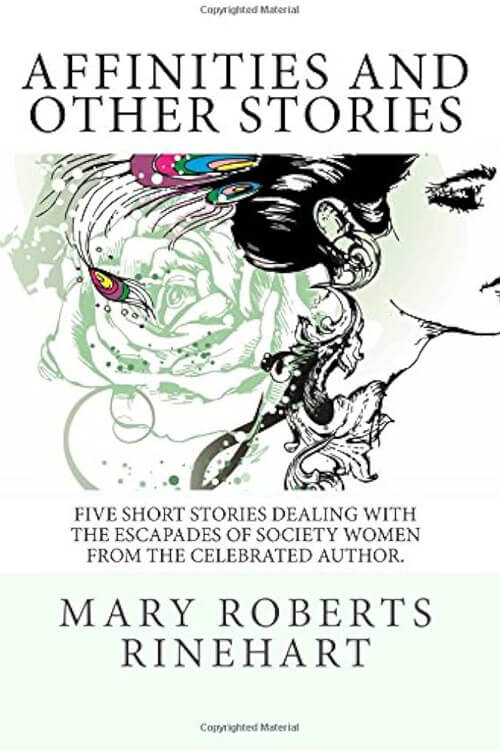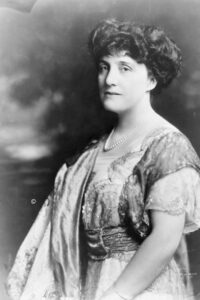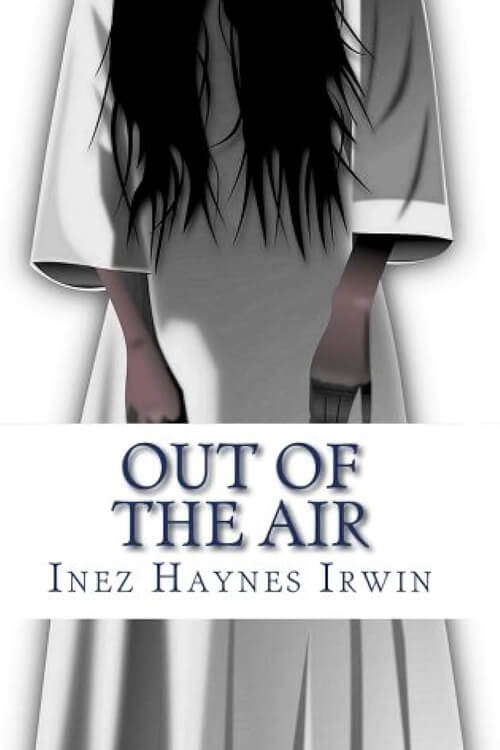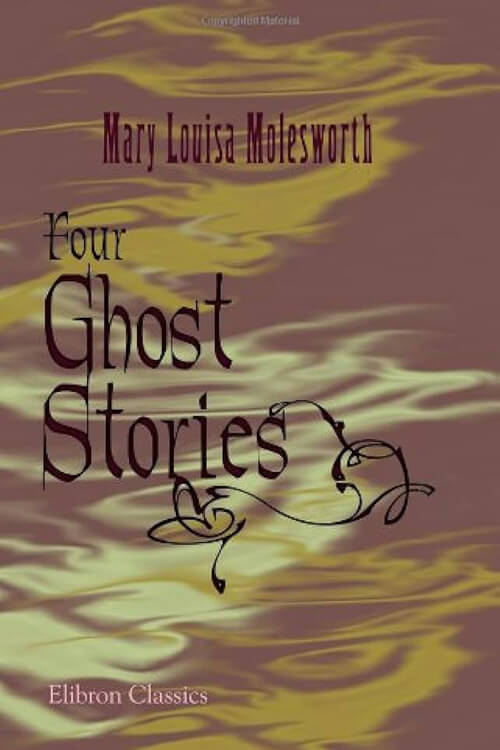
Affinities and Other Stories
Annette Jane and Catherine were all crazy about it. Annette was the luckiest, because Charles was going for a fishing trip, and her time was her own. And Ferd’s idea turned out to be perfectly bullying when the eight of us got together that evening and talked it over while the husbands were shooting crap in the grill room.
“There’s an island up the river,” he explained, “where the men from our mill have been camping; and, though the tents are down, they built a wooden pavilion at the edge of the water for a dining hall and, of course, that’s still there. We can leave town at, say, four o’clock and motor up there you and Tom, Annette, and—”
“I’ve been thinking it over, Ferd,” I put in, “and I won’t motor. If the car goes into a ditch or turns over you always get in the papers and there’s talk. Isn’t there a street car?”
“There’s a street car; but, for heaven’s sake, Fanny—”
“Streetcar it is,” I said with decision. “With a street car, we’ll know we’re going to get back to town. It won’t be sitting on its tail lamp in a gully; and we won’t be hiding the license plates under a stone and walking home, either.”
There was a lot of demur and at first Annette said she wouldn’t go that way, but she came round at last.
“I’ll hand a basket up late in the afternoon,” Ferd said, “with something to eat in it. And you girls had better put on sensible things and cut out the high heels and fancy clothes. If you are going in a street car you’d better be inconspicuous.”
That was the way we arranged it finally the men took one car and the girls another and met opposite the island on the river bank. We should have to row across and Ferd was to arrange about boats. We set Thursday as the day.
Some sort of premonition made me nervous and I was sorry about Day too; for though the picnic was only a lark and no harm at all, of course, he would have been furious had he known. And he was very nice to me all the week. He sent flowers home twice and on Wednesday he said I might have a new runabout. That made it rather difficult to quarrel with him Thursday, as I had arranged.
Read or download Book
Mary Roberts Rinehart
Mary Roberts Rinehart (August 12, 1876 – September 22, 1958) was an American writer, often called the American Agatha Christie. Rinehart published her first mystery novel The Circular Staircase in 1908, which introduced the “had I but known” narrative style. Rinehart is also considered the source of the “the butler did it” plot device in her novel The Door (1930), although the exact phrase does not appear in her work. She also worked to tell the stories and experiences of front-line soldiers during World War I, one of the first women to travel to the Belgian front lines.
Biography
Rinehart was born Mary Ella Roberts in Allegheny City, Pennsylvania, now a part of Pittsburgh. A sister, Olive Louise, four years Mary’s junior, would later gain recognition as an author of children’s books and as a nationally syndicated newspaper columnist. Her father was a frustrated inventor, and throughout her childhood, the family often had financial problems. Her father committed suicide when Mary was 19 years old. Tending to be left-handed at a time when that was considered disadvantageous, she was trained to use her right hand instead.
She attended public schools and graduated at age 16, then enrolled at the Pittsburgh Training School for Nurses at Pittsburgh Homeopathic Hospital, where she graduated in 1896. She described the experience as “all the tragedy of the world under one roof.” After graduation, she married Stanley Marshall Rinehart (1867–1932), a physician she had met there. They had three sons: Stanley Jr., Alan, and Frederick.
During the stock market crash of 1903, the couple lost their savings, spurring Rinehart’s efforts at writing as a way to earn income. She was 27 that year and produced 45 short stories. In 1907, she wrote The Circular Staircase, the novel that propelled her to national fame. According to her obituary in the Pittsburgh Post-Gazette in 1958, the book sold 1.25 million copies. Her regular contributions to The Saturday Evening Post were immensely popular and helped the magazine mold American middle-class taste and manners.
In 1911, after the publication of five successful books and two plays, the Rineharts moved to the Pittsburgh suburb of Glen Osborne, where they purchased a large home at the corner of Orchard and Linden Streets called “Cassella.” Before they could move into the house, however, Mrs. Rinehart had to have it completely rebuilt because it had fallen into disrepair. “The venture was mine, and I had put every dollar I possessed into the purchase. All week long I wrote wildly to meet the payroll and contractor costs,” she wrote in her autobiography. In 1925, the Rineharts sold the house to the Marks family; the house was demolished in 1969. Today, a Mary Roberts Rinehart Nature Park sits in the borough of Glen Osborne at 1414 Beaver Street, Sewickley, Pennsylvania.
Rinehart’s commercial success sometimes conflicted with her expected domestic roles of wife and mother, yet she often pursued adventure, including a job as a war correspondent for The Saturday Evening Post at the Belgian front during World War I. During her time in Belgium, she interviewed Albert I of Belgium, Winston Churchill, and Mary of Teck, writing of the latter “This afternoon I am to be presented to the queen of England. I am to curtsey and to say ‘Your majesty,’ the first time!” Rinehart was working in Europe in 1918 to report on developments to the War Department and was in Paris when the armistice was signed.
In 1922, the family moved to Washington, DC, when Dr. Rinehart was appointed to a post in the Veterans Administration. She was a member of the Literary Society of Washington from 1932 to 1936. Her husband died in 1932, but she continued to live in Washington until 1935 when she moved to New York City. There she helped her sons found the publishing house Farrar & Rinehart, serving as its director.
She also maintained a vacation home in Bar Harbor, Maine. In 1947, a Filipino chef who had worked for her for 25 years fired a gun at her and then attempted to slash her with knives until other servants rescued her. The chef committed suicide in his cell the next day.
Rinehart suffered from breast cancer, which led to a radical mastectomy. She eventually went public with her story, at a time when such matters were not openly discussed. The interview “I Had Cancer” was published in a 1947 issue of the Ladies’ Home Journal; in it, Rinehart encouraged women to have breast examinations.
Rinehart received a Mystery Writers of America special award a year after she published her last novel and an honorary doctorate in literature from George Washington University.
On November 9, 1956, Rinehart appeared on the interview program Person to Person. She died at age 82 at her apartment at 630 Park Avenue in New York City.






